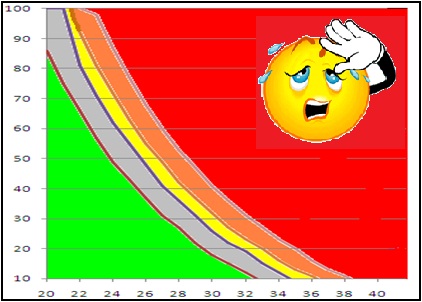
“National Adaptation Strategy Formulation for Reduction of Climate Induced Risk to Labour Productivity” under Energy, Environment and Climate Change Group, funded by University Grants Commission (UGC) under University of Potential Excellence-II (UPE - II)
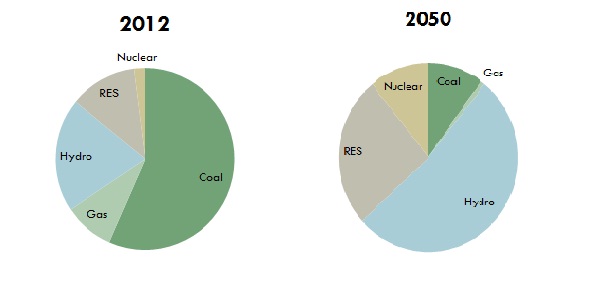
“INDGLOB Project to identify domestic and international drivers in the climate policy development in India” funded by the Centre for International Climate and Environmental Research-Oslo (CICERO), Norway.
Project Details : INDGLOBE PROJECT
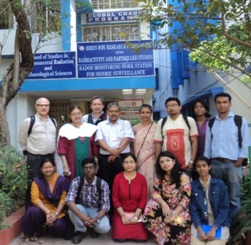
Indo-Norwegian Cooperation Programme (INCP) 2014 project on 'Roadmap for Decarbonisation of Indian Energy System Exploring Innovative Solutions' in collaboration with University of Stavanger, Norway (UiS).
Event(s) organised:
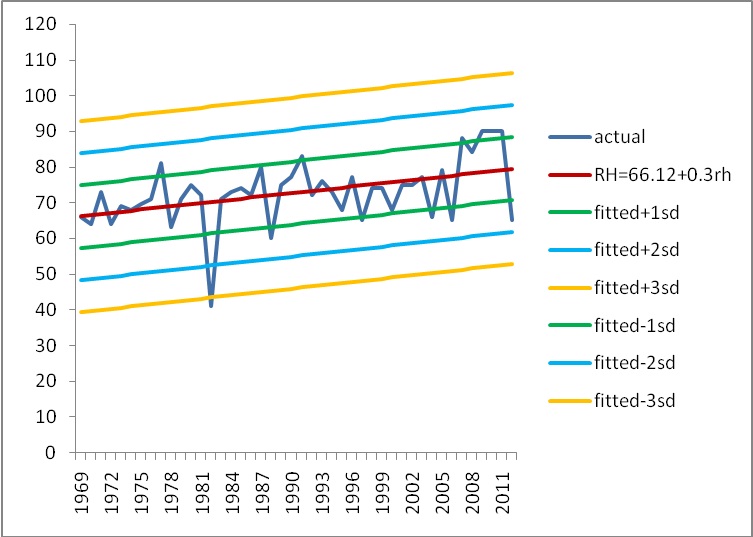
NATCOM III: ASSESSMENT OF ECONOMIC COST OF IMAPCT OF HEAT STRESS ON LABOUR PRODUCTIVITY AND ADAPTATION IN SELECTED BUILDING AND TRANSPORT SECTORS funded by Ministry of Environment Forest and Climate Change as a part of India’s Third National Communication (TNC) to UNFCC.

The Indian Zero Carbon Energy Pathways (IDEEA) – a joint open energy modelling project initiated by Jadavpur University (Kolkata), Indian Institute of Science (Bengaluru), and the Environmental Defense Fund (US). Since 2020 the three organizations are working collectively to develop a comprehensive energy model and evaluate alternative decarbonization strategies and pathways for future India.
The explicit objectives of IDEEA are:
The project aims evaluation of broad set of scenarios with high penetration of variable renewables and identify a set of most cost-efficient options of deep decarbonization and carbon neutrality for India for comprehensive public discussion.
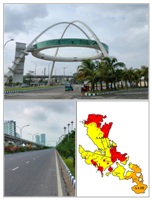
New Town Kolkata Green Smart City Corporation Limited (NKGSCCL) has commissioned this study to Global Change Programme, Jadavpur University (GCP JU). A part of this study focuseson estimation of the inventory of Greenhouse Gases (GHG) from the selected key categories within the geographical boundary under control of NKDA. A subcomponent of this study is to estimate emissions with policy-based targets in place.
The other part focuses on assessment of the airborne particulate pollution scenario of New Town, and demonstrate geo-spatial and temporal (diurnal and seasonal) variation in respirable (PM10) and fine (PM2.5) particulate concentrations.This part of the study also aims to arrive at an Air Quality Index for New Town based on sample observations.
The study is expected to help NKDA, as a developing Smart City, to plan better for technological and behavioral interventions for reducing its GHG footprint and improve air quality through a set of effective Air Quality Management (AQM) strategies.